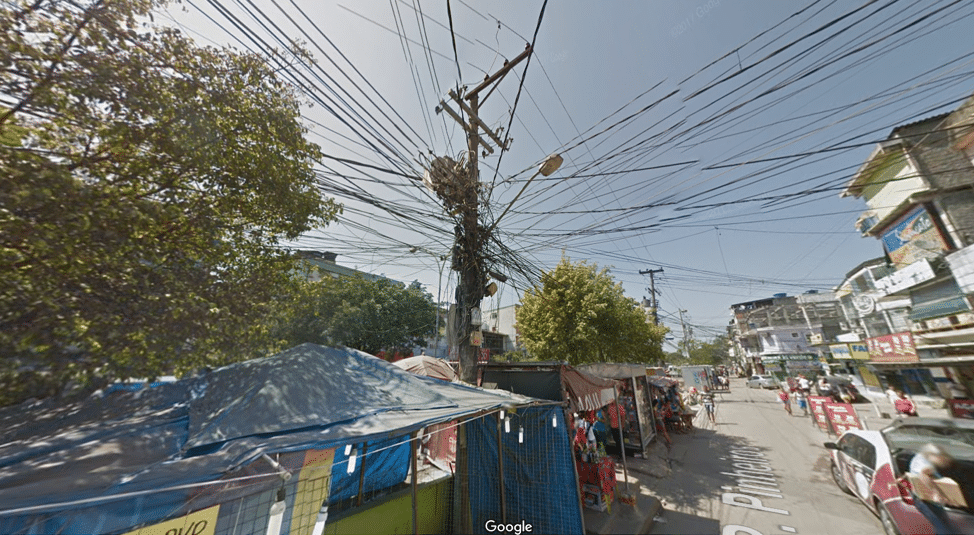Energy Poverty, Sustainable Development, and Why I Support Energy Access for All
By Alissa Benchimol, Program Coordinator for Water-Energy at The Climate Registry and Energy Poverty Consultant to Let There Be Light International
I’m Brazilian. I grew up in Rio de Janeiro where my commute opened my eyes to a common but foreign reality: energy poverty and electricity theft.


The Problem:
In Rio, it’s impossible to turn away from the informal settlements because poverty is everywhere. The poor live in difficult conditions on the outskirts of our neighborhoods, and residents often lack a legal and reliable way to access the electricity grid. All around us we see dangerous, illegal connections to our grid. We see the crisscrossing wires but don’t realize that these connections represent survival. Without power, there is no light, no safety, no enterprise. Having to bypass the grid is not a choice. It is the only option for those living in energy poverty.
My Story:
Different circumstances within the same city define my childhood. I always had a legal and reliable grid connection. I didn’t worry about whether my food was safely refrigerated. We used an air conditioner to keep us cool during heat events and we always had lighting so that I could finish my homework before going to bed. And, I used a flashlight on my cell phone to light my way in the dark.
I only realized how much I knew about energy poverty once I began my graduate degree in sustainability studies. In graduate school, I examined the topic of sustainability through a social science lens. This new perspective gave me insight into the lives of others. For my thesis, I chose to investigate barriers to sustainable development through local narratives in Brazil, India, and South Africa.
Imaging the hardships of living in energy poverty is challenging to those of us with a reliable energy source. Occasionally we might experience a blackout or we might experiment with going “off-grid” for a day or two. But we rarely wrestle with the challenges met by those living in the dark – day after day and year after year. When I grew up and saw the energy poor settlement dwellers with their dangerous and illegal connections, I only saw the danger and the illegality of the situation. I didn’t think about the underlying cause – their lack of a better solution. Energy poverty is a symptom of pervasive poverty and underlies any and all development efforts.
The Solution:
Access to sustainable energy powers healthy, productive lives. Energy fuels economic growth, health, safety, education, and gender equality. We must, therefore, work to further the global agenda by supporting the SDGs (Sustainable Development Goals) in off-grid and in informal settlements. Energy poverty burdens the poor and cannot be overlooked as a meaningful way to encourage development. Together we can affect change.

0 Comments